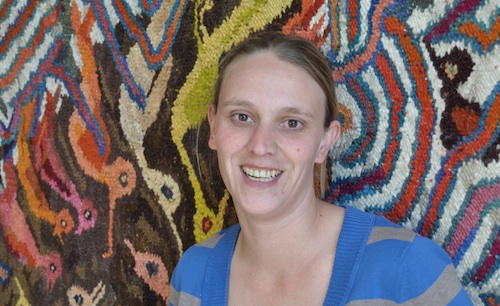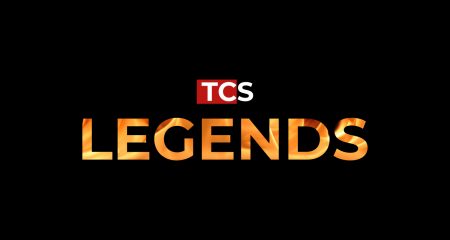
[By Candice Jones]
It’s been almost six months since Southern Africa’s broadcasting industry was thrown into turmoil over the department of communications decision to review the standard SA should use for digital television migration.
And with the clock ticking, broadcasters and manufacturers are losing patience with the silence from the department.
The longer uncertainty drags on, the more it appears the department has no idea what to do about it while broadcasters sit on their hands waiting for some semblance of clarity on what to do next.
Already one of SA’s largest manufacturers of television decoders, Altech UEC, has threatened legal action against government.
Since 2006, local broadcasters, decoder manufacturers and signal distributors have been working to migrate SA from analogue to digital terrestrial television.
Broadcasters invested millions of rand in technologies and trials, manufacturers started spinning out decoders for the millions of homes that will need them to receive digital signals, and signal distributors have erected many of the towers needed to transmit the signals.
All of this was done on a European standard called DVB-T, which SA and neighbouring countries agreed to use for digital TV. The process has cost hundreds of millions of rand — some estimates peg the cost at R700m.
In a stunning turn of events that left many broadcasters speechless, the department of communications decided to entertain a Brazilian delegation flogging their own version of a Japanese television standard called ISDB-T.
The department’s consideration of the Brazilian standard has not just affected SA broadcasters: all Southern African Development Community (Sadc) countries have had to review their decision to use the European standard.
Amoordalingum Pather, a senior consultant involved in the migration from analogue to digital in Mauritius, has written to Sadc calling for sense to prevail. Mauritius is more than 80% of the way through its migration process, and had plans to be finished by 2012, if not earlier.
Amid all of this, the proponents of the two main standards under consideration have been throwing mud at each other. Hostilities are escalating.
There are very real economic and financial implications for SA if it ditches the European standard for the Brazilian one.
Topping the list is the development and manufacture of decoders. Decoders using the Brazilian standard are significantly more expensive. It’s a wonder the department of communications hasn’t considered the prices of the decoders because government will need to foot the bill for all the poor households that will not be able to afford the device.
The frustration in industry is palpable, and it may not be long before communications minister Siphiwe Nyanda finds out what kind of legal clout the local broadcasting industry is able to muster.
Nyanda’s predecessor, Ivy Matsepe-Casaburri, learnt how hard it can be to fight a large and determined company in the courts.
Altech has a good track record on realising legal threats against government. In 2008, the company won a high-court victory against the late minister, which partially liberalised the telecommunications industry.
It’s not a company that makes idle threats.
Altech UEC has invested millions in the manufacturing of digital decoders. It has developed intellectual property that it has freely handed to new manufacturers to help boost the market.
There is an easy solution to this entire mess, one that will allow the department to avoid an ugly legal confrontation: make a decision, make it soon, and make it in favour of DVB-T.
- Candice Jones is TechCentral deputy editor
- Subscribe to our free daily newsletter
- Follow us on Twitter or on Facebook




